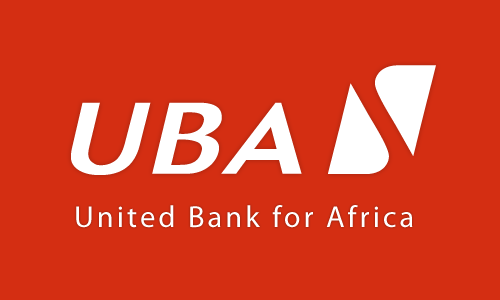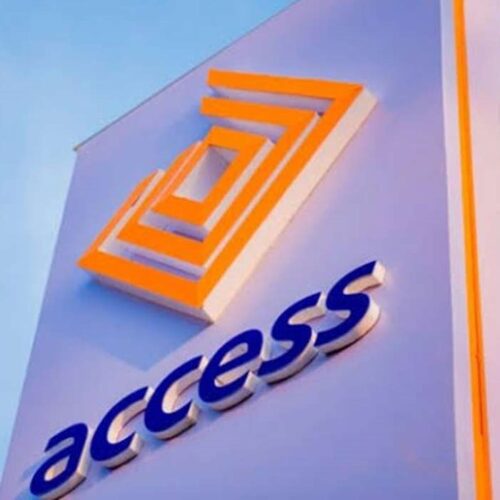Nigeria’s largest banks have reported a 120.7% increase in total cash and cash equivalents over the first nine months of 2024. This increase reflects efforts to improve liquidity and better position themselves to meet current liabilities. The banks include First Bank, United Bank for Africa (UBA), Guaranty Trust Holding Company (GTCO), Access Holdings Plc, and Zenith Bank.
Data from the Nigerian Exchange Limited shows that the combined cash and cash equivalents of these tier-one banks grew from ₦10.6 trillion in 2023 to ₦23.36 trillion in 2024, marking a 120.4% yearly increase. Cash equivalents are short-term, high-quality investment securities that are easily convertible to cash. Analysts highlight that an increase in these assets indicates stronger liquidity positions for the banks.
United Bank for Africa (UBA)

UBA led the growth, with cash and cash equivalents increasing by 270.5% to ₦5.85 trillion (up from ₦1.58 trillion in 2023). The bank generated ₦6.9 trillion from core business activities, a 331.3% increase, though it reported a negative cash flow of ₦5.5 trillion from investing activities, primarily due to purchasing investment securities.
Access Holdings Plc

Access Holdings reported a 142.6% rise in cash and cash equivalents to ₦5.76 trillion from ₦2.37 trillion. The bank generated ₦4.6 trillion from operations, while it recorded negative cash flow from investing activities amounting to ₦4.41 trillion due to the acquisition of investment securities.
FBN Holdings Plc

FBN Holdings saw a 147.6% increase, with cash and cash equivalents reaching ₦4.63 trillion from ₦1.87 trillion. The bank generated ₦3.9 trillion from core operations, a significant rise from ₦291 billion in 2023. Negative cash flow from investing activities totaled ₦2.04 trillion, attributed to the purchase of investment securities.
Zenith Bank

Zenith Bank reported the highest growth percentage, with cash and cash equivalents rising by 270.5% to ₦5.85 trillion from ₦1.58 trillion. Key components include cash and bank balances of ₦487 billion, treasury bills of ₦295 billion, and balances with other banks of ₦2.05 trillion. Despite these gains, the bank’s core business operations saw a decline, generating ₦685 billion, down from ₦1.16 trillion.
GTCO (Guaranty Trust Holding Company)

GTCO’s cash and cash equivalents rose by 102.7%, reaching ₦4.28 trillion from ₦2.11 trillion. The bank generated ₦1.83 trillion from operations, significantly higher than the ₦88 billion reported in the prior year. However, it experienced a ₦1.14 trillion negative cash flow from investing activities due to investment securities purchases.
The significant increase in cash and cash equivalents highlights improved liquidity among Nigeria’s top banks. However, a great portion of these funds remains tied to short-term investments or restricted balances with the Central Bank of Nigeria (CBN), which limits their immediate availability for operational use.
Banks with higher allocations to money market placements benefit from interest income, while those with idle cash in their accounts face opportunity costs.



